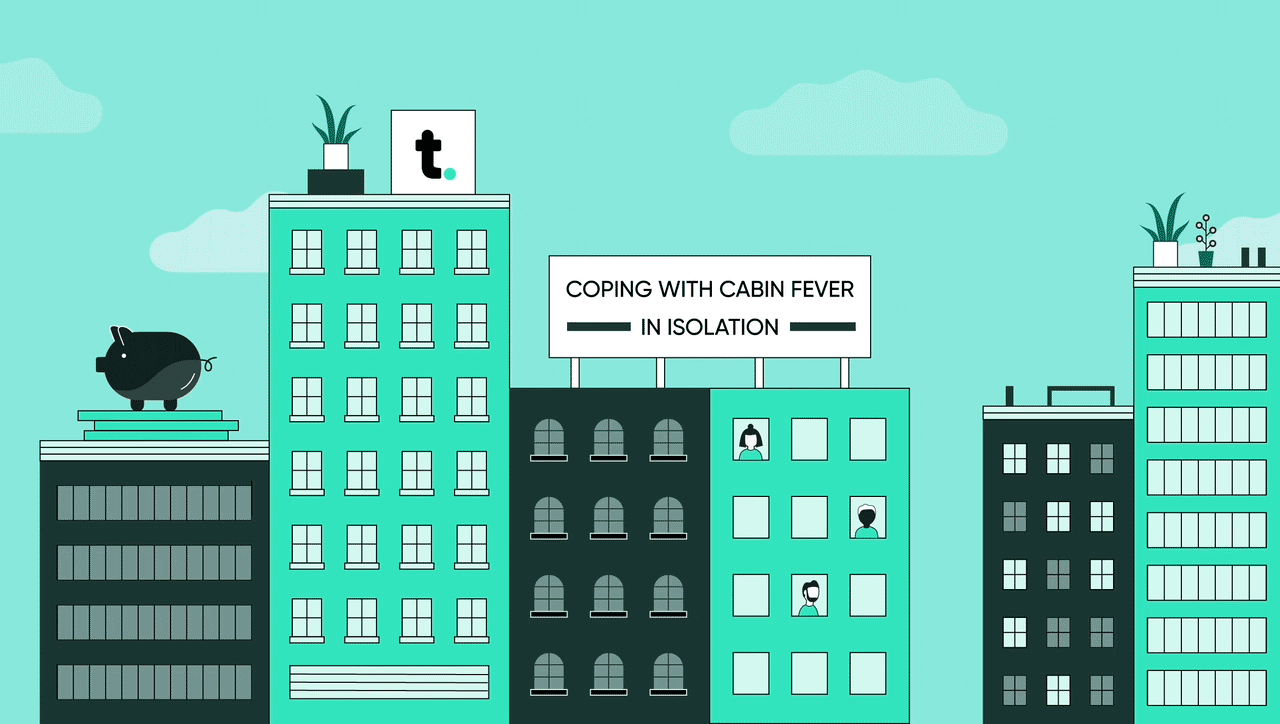
It was around this time last year that the strangeness of social distancing would soon become our new normal. The necessity to physically isolate from others has led to massive lifestyle changes that revolve around working, socializing, and studying from the comfort of home. Modern technology and software has helped us create new traditions that ease some of the loneliness of social distancing, but we also now understand that essentially living through our computer screens causes a new type of mental exhaustion. When the rhythms of life are interrupted and our daily routines consist of orbiting the virtual world through computer screens, it can feel challenging to find a balance between previously separated aspects of our personal and work lives. This lack of separation can be felt as a sort of restlessness, or cabin fever, that is only intensified by a lifestyle that consists of more sedentary activity and less outdoor adventure. As we move into a new spring season, the symptoms of cabin fever may manifest as the feeling of being burnt out, restlessness, and seasonal blues. As spring rolls around, the extra hours of sunlight provide us with a bit of relief from winter cabin fever. Here are some ways to stay mindful of your wellness and cope with seasonal blues.
Check-In With Yourself
During times of crisis, it’s possible that negative emotions such as stress can cause us to be easily irritable towards others. Doing a regular check-in with our emotions is a great mindfulness practice. Do a quick RAIN check. This is a practice developed by Tara Branch, the acronym RAIN stands for recognize, allow, investigate, and nurture. Internally recognize the current state of emotions you may be going through. Then, allow yourself to take these emotions and instead of repressing, let yourself feel them. Investigate why you may be feeling a certain way. Finally, nurture yourself. Find the root of the cause and apply a relevant course of care.
Give Yourself a Routine
A routine does not need to be the same every single day; it can change according to your needs and desires. When seasonal and personal changes arise, it could be worthwhile to start a new routine when the previous one starts to seem tedious. Try to incorporate a routine that you enjoy, such as spending time outside everyday before work or reading a few chapters of a book every night after dinner. It doesn’t need to be a major lifestyle change. Allow yourself the flexibility to include small goals into your daily routine to help you feel some sort of autonomy over your time.
Have One News Free Day
More screen time means that many of us are constantly checking the news. While wanting to stay updated on current events is understandable, the news can also be a source of anxiety for many people. Overdosing on the news regularly can be overwhelming. Especially with many tragic events regarding social issues that cover our newsfeeds, it can be easy to feel hopeless and overstimulated. Giving up the news for one day a week doesn’t mean being completely unaware and uneducated about the causes that matter to you. If there is a recent issue in the news that has been occupying your mind, use your news free day to explore relevant resources such as books, podcasts and films. Take advantage of this time to take control of your social concerns and allow yourself to learn and grow by being an informed citizen.
